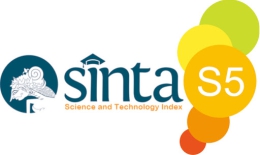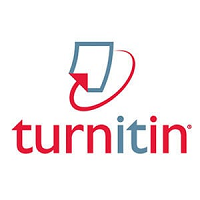SIKLUS HIDUP KOPERASI UNTUK KEBERLANJUTAN KOPERASI PEGAWAI UNIVERSITAS JENDERAL SOEDIRMAN
DOI:
https://doi.org/10.36423/jumper.v5i2.1458Abstract
Cooperative sustainability is a critical factor in ensuring operational survival and cooperative contribution to its members and surrounding communities. The study aims to study the sustainability of the General University of Soedirman Employee Cooperative (KPRI KOSUKU) through a life cycle analysis approach of the cooperative. This research uses a method of cooperative life cycle analysis consisting of five main phases: (1) economic justification; (2) organizational design; (3) growth, success, and heterogeneity; (4) introduction and introspection; and (5) choice. The analysis uses the annual report of KPRI KOSUKU from 2012 to 2022. The results of the research show that KPRi KOSUKU, through the analysis of the life cycle of cooperation, has passed through these 5 stages and is currently at the maturity stage of the lifecycle of cooperation. Data for this analysis was obtained through interviews with cooperative managers, analysis of financial reports, and literature surveys. This cooperation has managed to build a stable market share, offer a variety of services, and generate consistent profits. Factors that contribute to sustainability include efficient management, active participation of members, and adaptation to environmental change. However, the study also identifies some of the challenges that KPRI KOSUKU may face in the future, such as increasing competition and changing regulations. Therefore, these cooperatives need to continue to develop sustainable strategies, such as product diversification, improved services, and the use of information technology, to ensure their operational sustainability. This research is expected to provide guidance for KPRI KOSUKU and other cooperatives in managing their sustainability. By understanding the life cycle of a cooperative and the factors that influence it, the cooperative can take appropriate action to maintain sustainability and continue to benefit its members and surrounding communities
Downloads
Published
Issue
Section
License
Copyright (c) 2023 Ari Setiawan, Wahyudin Wahyudin

This work is licensed under a Creative Commons Attribution-NonCommercial-ShareAlike 4.0 International License.
The Authors submitting a manuscript do so on the understanding that if accepted for publication, copyright of the article shall be transferred to Jurnal Ekonomi Perjuangan (JUMPER)
This is an open-access journal in accordance with the Creative Commons Attribution-ShareAlike 4.0 International (CC BY-SA 4.0) license.
This permits users to:
Share - copy and redistribute the material in any medium or format
Adapt - remix, transform, and build upon the material for any purpose, even commercially
Under the following terms:
Attribution - You must give appropriate credit, provide a link to the license, and indicate if changes were made. You may do so in any reasonable manner, but not in any way that suggests the licensor endorses you or your use.
ShareAlike - If you remix, transform, or build upon the material, you must distribute your contributions under the same license as the original.
No additional restrictions - You may not apply legal terms or technological measures that legally restrict others from doing anything the license permits.











